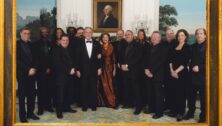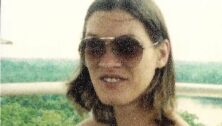Chester County Leadership: Lauren Milks, Defense Attorney
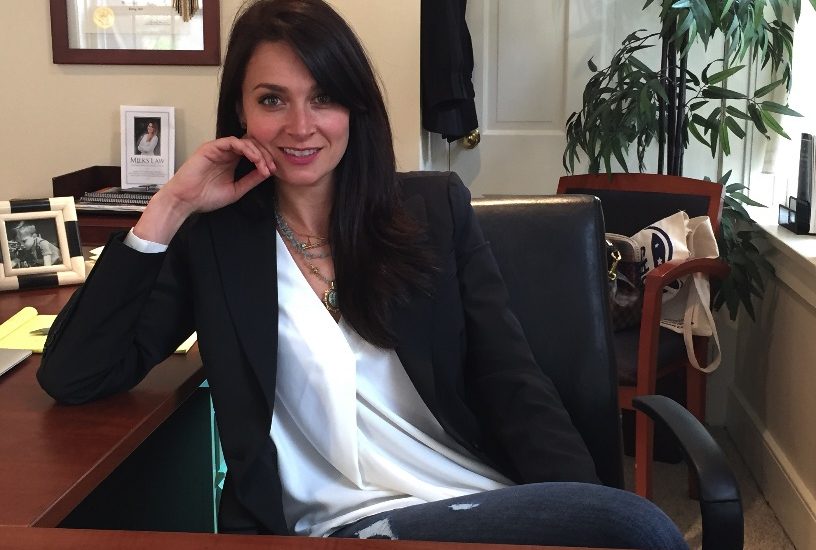
VISTA Today speaks with Lauren Milks, a West Chester-based defense attorney, about growing up on Long Island, her competitive rowing career, and a near-death experience she had in the boat while practicing at Hamilton College. She also discusses her internship with the Chester County District Attorney’s office and what drew her to a career in law.
Where did you grow up, Lauren?
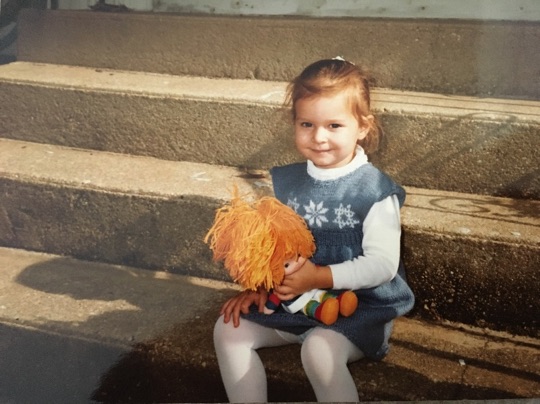
I was born the second of two children on Long Island, and I grew up in Cold Spring Harbor, a tiny town on Long Island’s north shore. My mother was predominantly a stay-at-home mom; my father was the CEO of Philips-Norelco until he retired in 1991.
What do you remember about growing up in Cold Spring Harbor?
It was so idyllic. Because there were no kids in my neighborhood and everyone in my town lived so far apart from each other, I spent all my time playing outside with my brother who was two years older than me. We played with G.I. Joes, which at that time came with war paint, so we put war paint on our faces to look more like G.I. Joes. We also spent a lot of time playing on the beach, which was just a few hundred yards down the street from our house.
What was your first job, Lauren?
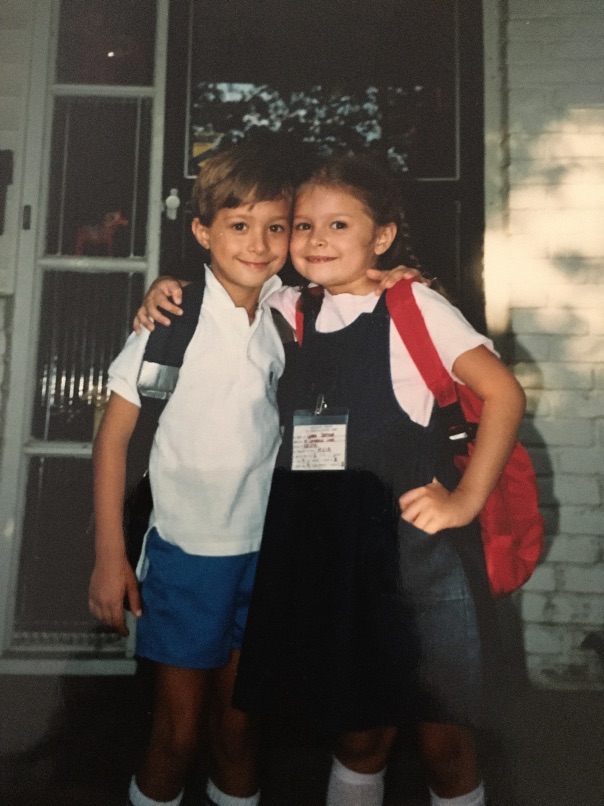
I was a busgirl at a local restaurant tasked with performing the menial jobs of bringing water to the tables, slicing bread, and cleaning up tables after the customers had finished their meal. Being a busgirl was a thankless job, and I was so uncoordinated at the time. I ended up breaking a lot of glasses and slicing my finger open several times.
What did you learn from that job that stays with you today?
I learned the value of hard work and how to manage my money. My father always taught my brother and me never to expect a handout and to always save for what we wanted.
Was managing money something your parents stressed?
Yes. From a very early age, we earned a $5-a-week allowance for doing our chores, which included anything from vacuuming to cleaning the pool. I remember having to brush the fringe on the carpet. One year, my dad got my brother and I the book Rich Dad, Poor Dad for Christmas and promised us $100 if we read and passed a quiz on it. So aside from passing along a strong work ethic and the importance of integrity, my parents, especially my dad, taught us to respect finances and the importance of savings.
Did you play any sports in high school?
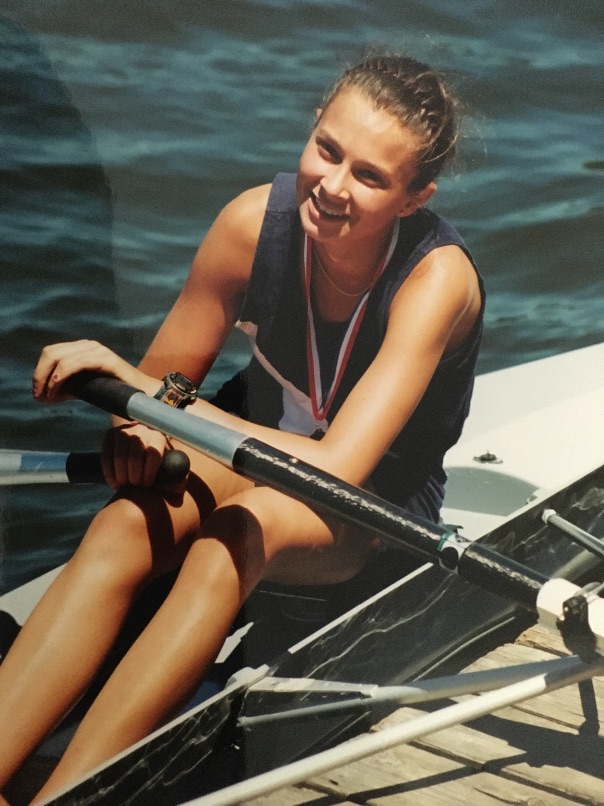
I played soccer when I was a kid but because I had no coordination – my parents call me Crash – and wasn’t nearly as good at the game as were my peers. In eighth grade, I was all of 4-foot-10 and was asked to be a coxswain for my high school rowing team.
Even though I was small, I had a lot of heart and did well at it. Over the next several years as I went through a growth spurt – I’m now 5-foot-9 – I quickly migrated to one of the rowing positions and ended up rowing until my freshman year in college.
You got into rowing?
Not only did I fall in love with rowing but it gave me a focus like I had never experienced before getting involved in the sport. I had an old-school coach who told us if we didn’t throw-up, we weren’t trying hard enough. Needless to say – we always threw up.
My two main boats were a lightweight-four where the four rowers have one oar each (sweeping) and a double-boat where two rowers had two oars each (sculling). It was my performance in my double-boat that earned me national accolades. My boat won both New York and New Jersey state titles as well as a bronze medal at the national championships.
You could have gone to any college. Why did you decide to go to Hamilton in Clinton, N.Y.?
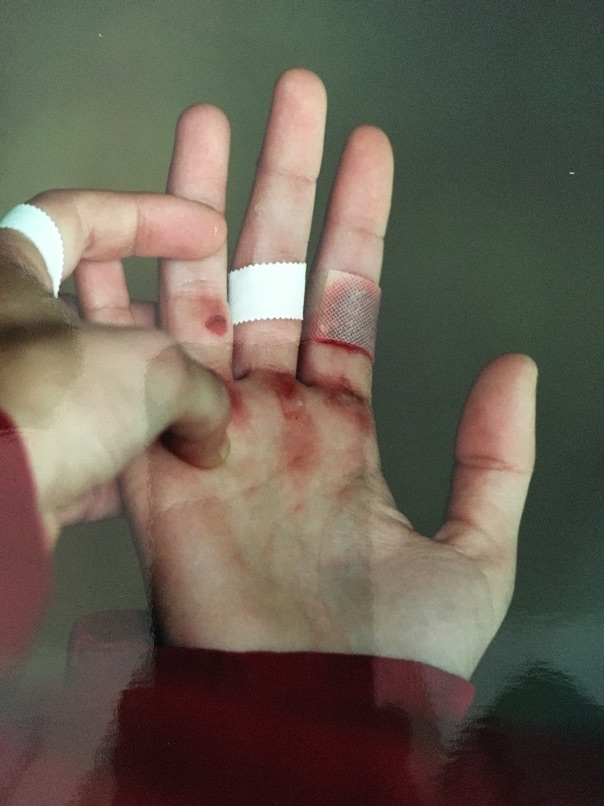
While rowing has been around forever, female crew, specifically lightweight female crews, were just taking off. Given my height and physique at the time, I was the perfect candidate for a lightweight crew. Thus a lot of Division I schools were throwing money at me trying to get me on their team.
Coming from a small high school, the larger DI schools didn’t seem like a good fit for me.
I interviewed at Princeton, but their lightweight crew program wasn’t starting for another year. Brown wanted me to be a coxswain, but I had worked so hard to be a good rower that I wasn’t ready to give up on the competitive side of the sport. I wanted to compete!
Where does that competitive spirit and combativeness come from, Lauren?
Telling me I can’t do something pushes me to test my boundaries and explore my limits. When I was told I was too tiny, that I couldn’t be a rower, it pushed me, fueled me if you will, to become good at it. Plus, I loved the sound when I’m out on the water, and the oars are all in sync. That sound is just magical!
Back to your college selection process!
I finally whittled down the list to Mount Holyoke and Vassar and landed on Vassar because I liked Vassar’s coach. One day the coach called me and told me he had accepted an offer to move up in the coaching ranks and go DI and that if I was interested in attending a small school, I should check into Hamilton College where his best friend coached.
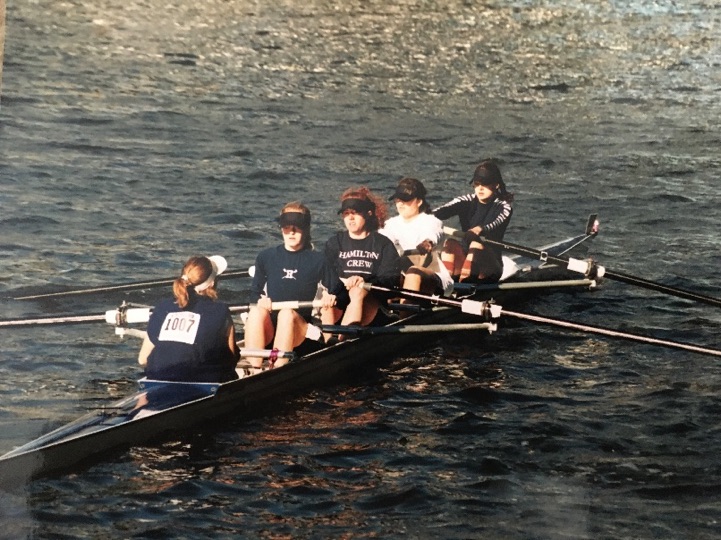
I had never even heard of Hamilton but went up for an interview anyway. As soon as I stepped on campus, I fell in love and knew that’s where I wanted to be. Hamilton’s women’s rowing program was just starting their lightweight crew team and the coach wanted someone to lead the varsity boat. Plus, the coach made it clear I could continue to prepare with Olympic trials happening a couple of years down the road.
Then what?
At the end of September, a month after the start of my freshman year, a sophomore on the rowing team named “Houli,” who was my closest friend on the team, passed away suddenly in his sleep. The team decided to dedicate the next weekend’s regatta with Syracuse to Houli’s honor. It was the first time tiny Hamilton had ever beaten Syracuse!
A week later, I was practicing at dusk on the Erie Canal. My lightweight-four with me in the bow was heading full speed in one direction down the canal, while our women’s heavyweight eight-person boat was heading in perfect alignment at full speed in the opposite direction. Neither coxswain saw the other boat until it was too late. All I remember, and it still gives me chills, is hearing obscenities and the clanking of oars and metal.
The next thing I remember is being cold, and then being taken to the hospital in the ambulance. According to what my teammates told me later, the bow of the heavyweight-eight boat hit me square in the back catapulting me from the boat, but not before impaling my leg on the rigger, the metal rigging which holds the oar to the boat.
I was in the water but still attached to the boat, preventing my teammates who witnessed the accident from getting me out of the water. Aside from being in shock, I had spent so much time in the water I needed mouth-to-mouth resuscitation and was suffering from hypothermia.
After getting stitched up and spending a couple of days recuperating in the hospital, I tried to go back to rowing quickly as I knew Head of the Charles was approaching. I tried to go back on the water two weeks after the accident, but something didn’t feel right. Someone from the hospital called to say they had mixed up X-rays, and I had broken my back in the crash.
I could never not walk, but there was a lot of rehab I had to endure as a result of the accident to become physically active again. Sadly, I never was able to get back in the boat.
Your entire life up until this point was oriented around rowing. How did you respond?
There was a hollow period in my life when I didn’t feel anything. Houli’s death and the accident within two weeks of each other was a lot. My father told me it’s not what happens to me, but rather how I responded to what had happened that mattered. “You can’t change the wind,” he said, “but you can adjust your sails.” He encouraged me to find a new passion.
About the same time, I started to get involved in campus politics and later got elected to Junior Class President. The following year, I was elected student body president and continued that role into my senior year.
What did you do after graduating from Hamilton?
I decided I wanted to go to law school, and applied to 13 different schools. I didn’t do well on the LSAT exam, however, and as a result didn’t get into any of my targeted schools. My brother lived in Philadelphia, so I applied to all the schools in the Philadelphia area and was accepted at Widener.
How did you get to Chester County from Widener?
In 2006, during my second year of law school, I saw a flier for an internship in the Chester County D.A.’s office. Even though I didn’t have all the qualifications they were looking for, I decided to apply for the position anyway. During the interview process, Assistant D.A. Peter Hobart, who felt sorry for me because I obviously wasn’t qualified for the position, asked me what would I do about a bizarre case he was handling. He was impressed with my answer and hired me on the spot.
What attracted you to the defense side of the law?
There can be bullies on both sides of the legal process. I’m a big fan of law enforcement and our judicial process. That said, I have clients who are good people who have made an error in judgment, or there was a misunderstanding. Those people need someone in their corner to help mitigate their mistake and explain what happened.
Frankly, being a defense attorney is so creative. My job is to find a few pieces I can take out of the prosecutor’s case. If there’s a loophole in the prosecutor’s case, I will find it. I love the detective component to being a defense attorney.
Why?
For me, it goes back to my work ethic. There’s always more that can be done. If I can just keep digging, I’ll find that crevice in the prosecutor’s case.
Why on your own?
It felt like the right thing to do. As I’ve persevered through some of my trials and challenges, I’ve developed a tremendous sense of self-sufficiency. I don’t need the way I used to. Plus, I like the creative piece of marketing and growing a firm.
What unique skills do you bring to the practice of law?
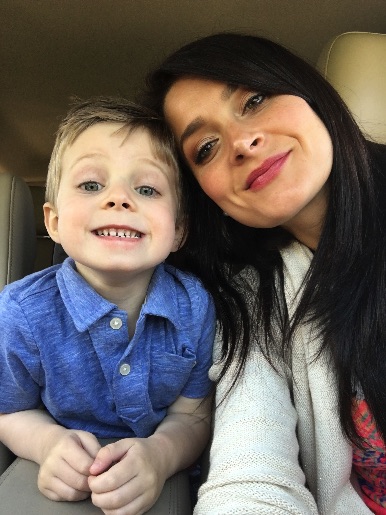
There’s a writing component to being a defense attorney; I have to write appeals and motions. I spend my time out of the court room doing research and writing. That’s like chess. Being in the courtroom though is like speed chess. I’m competent on the writing side, but my ability to think quickly on my feet in the courtroom is where I shine.
What challenges are in front of you for the rest of 2017?
Finding the balance between building my business and not taking on too much is my biggest challenge. I get very involved with my clients and cases. My clients have my cell phone number and know they can text me when they have a question, and I have the freedom of spending as much time on a case as I want.
Finally, Lauren, what is the best piece of advice you ever received?
It would be the advice my father gave me about adjusting my sails following my rowing accident. In moments of crisis, it’s not about what happened to you but rather about how you respond. I have so many incidences in my life where I’ve had to be resilient. Those moments have not only made me grateful and appreciative but have given me the drive to succeed as well. C.S. Lewis said it best, and I have this quote on my wall at home, “Hardships often prepare ordinary people for an extraordinary destiny.”
[uam_ad id=”60101″]
Connect With Your Community
Subscribe to stay informed!
"*" indicates required fields































![95000-1023_ACJ_BannerAd[1]](https://vista.today/wp-content/uploads/2023/03/95000-1023_ACJ_BannerAd1.jpg)














